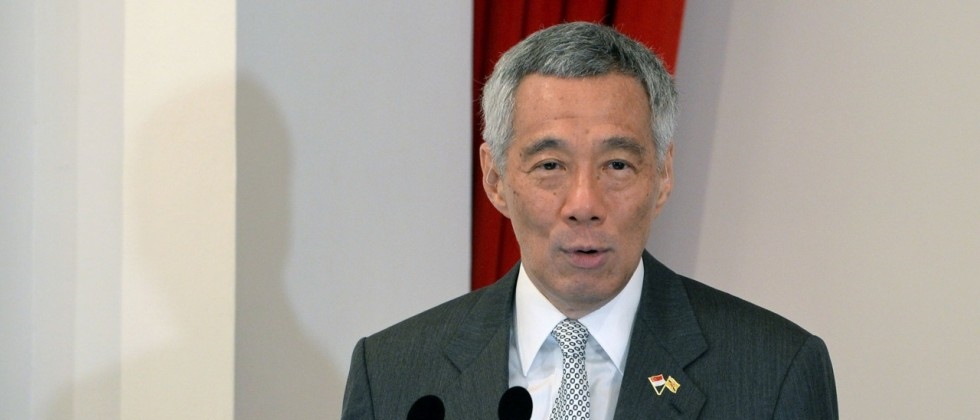Leadership dilemma in Singapore
February 5, 2018 | Expert Insights

Singaporean Prime Minister Lee Hsien Loong, despite his public announcement of his intention to step down, has yet to name an heir, resulting in speculation from citizens.
Background
The Republic of Singapore is an island city-state in South-East Asia. The island gained freedom from Colonial powers in 1963 as a part of Malaysia and ceded 2 years later in 1965.
The first general elections in the country were held in 1948, under British rule. It was the general election of 1959, however, that was probably the most defining election in the country’s history, as it brought into power the Lee Kuan Yew of the People’s Action Party (PAP), which has remained in power ever since. Lee Kuan Yew served for 30 years and has been credited as responsible for the rapid growth it saw, from a “third world” country to a financial hub- as well as a strictly authoritarian rule. As of 2017, Singapore has the 3rdhighest GDP per capita in the world, and is 5th on the United Nation’s Human Development Index.
In name, therefore, Singapore is a parliamentary democratic republic, however the reality is that of a one-party rule. The domination of the political sphere by the PAP has been thoroughly critiqued. In the last elections (2015), the PAP won yet again, by 70% of the vote.
Singapore’s current Prime Minister, Lee Hsien Loong has been in power since 2004. A member of the “3G” or third generation of Singaporean leaders, he has seen Singapore through events such as the financial crisis of 2008 and the death of founding father Lee Kuan Yew in 2015. In a CNBC interview in October last year, he said that he is finally ready to step down in 2022.
Analysis
Given the politics of the nation, it is often evident years in advance who the next leader of the country is to be. Lee Hsien Loong, despite his public announcement of his intention to step down, has yet to name an heir. His predecessor, current Senior Minister Goh Chok Tong in December called the decision an “urgent challenge”, stating that the new leader should be named in within 6-9 months. However, Lee stated on his return from New Delhi last month, that it would “take a little bit longer”.
It was also speculated that Lee would declare his successor by instating a new Deputy Prime Minister this March after the Budget and cabinet reshuffle; Lee has dismissed these rumours.
On January 4th this year, 16 members of the cabinet released a joint statement stating that “a leader, amongst them, will be chosen in good time.” The three front runners are Chan Chun Sing, current Minister in the Prime Minister’s Office, HengSweeKeat, Minister for Finance, and Ong Ye Kung, Minister for Education and Second Minister for the Ministry of Defence.
Regarding these younger ministers, Lee has said that they will “need a bit of time for Singaporeans to get a feel of them not just be known as public figures, but to be responsible for significant policies”. According to Lee, the 4G or 4th Generation is still “taking shape” and “learning to work together”, placing emphasis on team dynamics.
While citizens continue to speculate, political commentator Eugene Tan believes that “Lee is still not convinced who his likely successor will be.”
Assessment
Our analysis is that given the political nature of Singapore, whomever is named successor will hold in their hands the future of the nation. According to analysts, the Prime Minister’s comments and other official statements imply that the 4th generation has not yet chosen a leader amongst themselves. We believe that it is likely that this uncertainty is one the Singaporean public are unused to, and thus speculation will continue until Lee Hsien Loong names a successor.








Comments